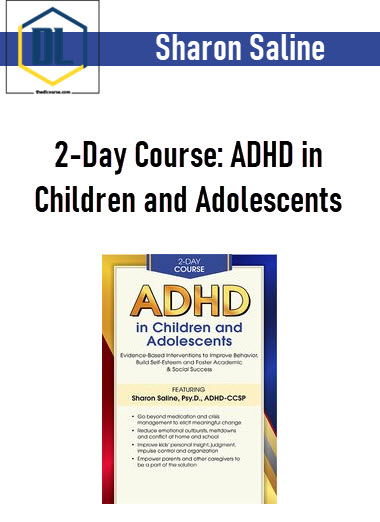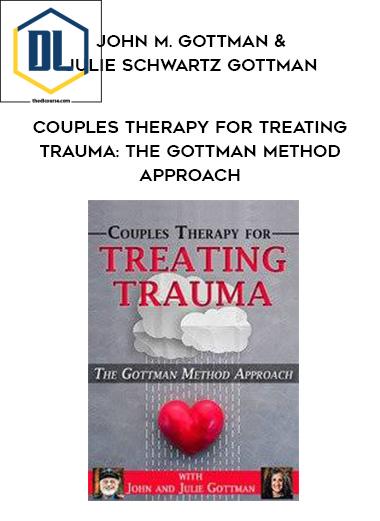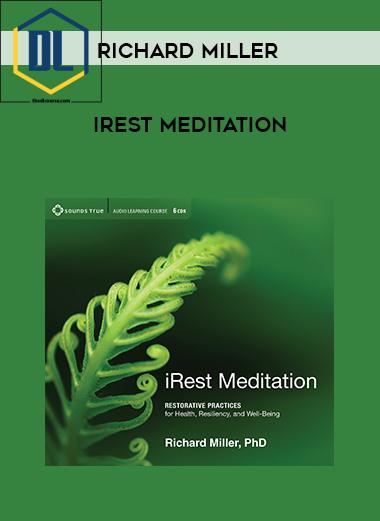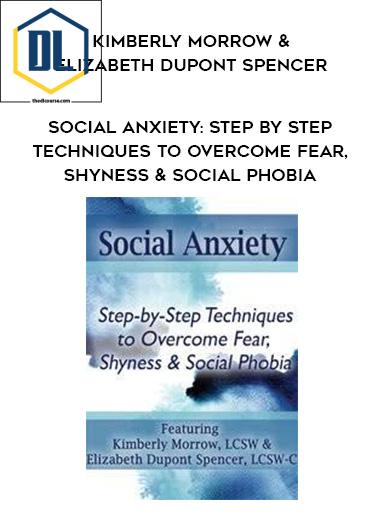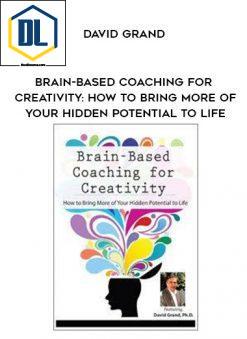Sharon Saline – 2-Day Course: ADHD in Children and Adolescents
$149.00 Original price was: $149.00.$62.00Current price is: $62.00.
Product Delivery: Instant Deliver
Sharon Saline -2-Day Course: ADHD in Children and Adolescents
Description of 2-Day Course: ADHD in Children and Adolescents
Behavior charts, social skills training, positive reinforcement, behavior contracts, rewards and consequences … you’ve tried everything to make progress with a child or adolescent diagnosed with ADHD with little persistent success. Gains made in therapy or the classroom seem to be short-lived, leaving you feeling frustrated and ineffective.
You need a new approach – one that gets to the root of the problem to create meaningful change!
Watch ADHD expert Dr. Sharon Saline in this intensive course recording packed with practical tools and techniques you can use immediately with children, adolescents and their families to improve behavior, gain cooperation and repair relationships. Using a strength-based, collaborative approach that synthesizes neurobiology, behavior and emotion, you can create effective, powerful interventions for kids and families that go far beyond medication and crisis management.
Your toolbox will be overflowing with concrete, practical strategies that:
- Reduce meltdowns and conflicts at home and school
- Improve kids’ personal insight, judgment, impulse control and organization
- Create a family-centered plan that the client will buy into
- Address the shame, stress and anxiety that often accompany ADHD
- Empower parents and other caregivers to be a part of the solution
Don’t miss this unique opportunity to transform your perspective and everyday approach with children and adolescents with ADHD!
Objectives
- Identify the biological, behavioral and emotional factors related to ADHD symptoms and executive functioning skills.
- Summarize current research on ADHD and executive functioning including medical and non-medical treatment options and socioeconomic and cultural factors affecting young people with ADHD.
- Explain how the ADHD brain develops through childhood and adolescence and the effect of drugs, alcohol and trauma.
- Ascertain how ADHD, learning disabilities and mental health issues impact social and familial relationships.
- Assess for a range of executive skills in children and adolescents as it relates to treatment planning.
- Develop effective strategies and collaborative interventions for improving executive functioning skills that increase kids’ participation in treatment and promote lasting change.
- Recognize how co-existing disorders and learning disabilities impact and interact with ADHD and executive functioning skills.
- Implement practical treatment interventions that increase motivation and cooperation at home and school for children diagnosed with ADHD.
- Design an effective treatment plan that integrates CBT, family systems and psychodynamic approaches to engage clients and improve symptomology.
- Advocate successfully on your client’s behalf with teachers, administrators, other school personnel or health professionals.
- Recognize warning signs of risky behavior among adolescents diagnosed with ADHD and gain effective tools for addressing them.
- Investigate the relationship between ADHD and technology and formulate appropriate interventions to help families struggling with screens.
Readmore about : Sharon Saline
Related products
Instant Delivery
Instant Delivery
Instant Delivery
Instant Delivery
Total sold: 1
Instant Delivery
Total sold: 6




